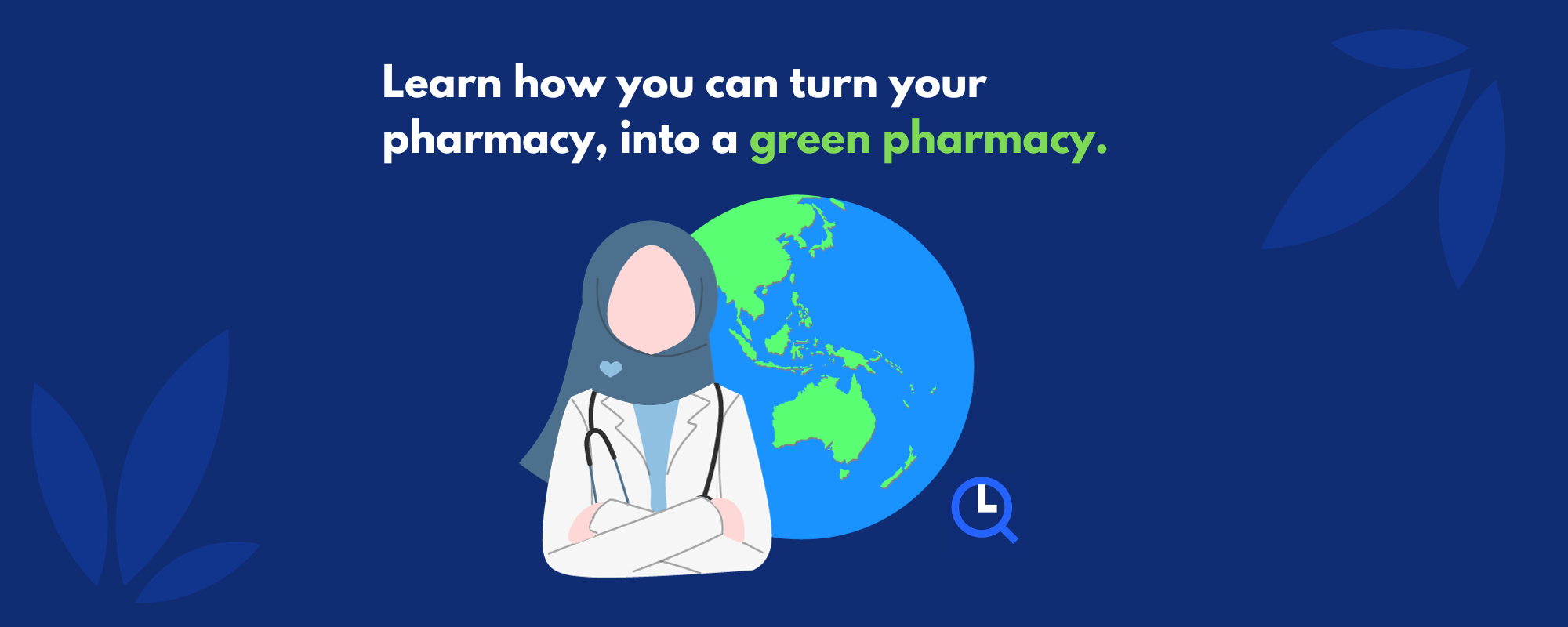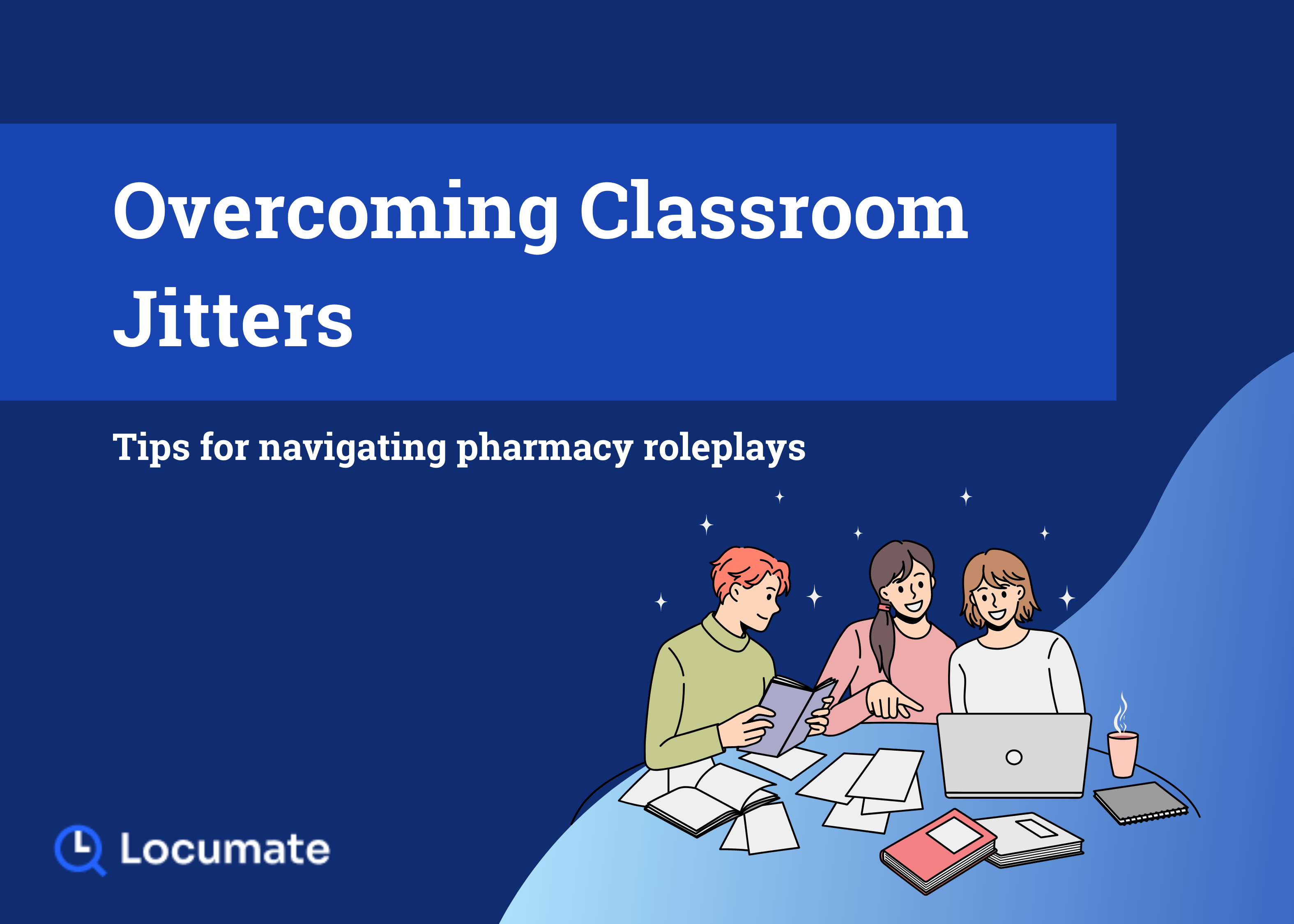As the spotlight turns towards the pharmaceutical sector’s commitment to environmental sustainability, individual pharmacists emerge as catalysts for change. In anticipation of Earth Hour on Saturday, March 23rd, 2024, from 8:30 pm to 9:30 pm (Eastern Australian Time), the call is clear: it’s time to make your pharmacy a green pharmacy. While large pharmaceutical companies undoubtedly play a significant role, recognising the potential for impactful contributions from individual pharmacists through small, everyday changes becomes imperative.
- Sustainable Packaging: A Lighter Load on the Earth
- Sustainable Packaging: A Lighter Load on the Earth
Start by minimising packaging waste, using only what is essential, and ensuring proper disposal methods. Actively encourage the adoption of eco-friendly packaging within the pharmacy, complemented by the initiation of recycling programs. Small changes here amplify the collective impact on waste reduction.
- Medication Disposal Programs: A Beacon of Responsible Practice
Be a champion of responsible medication disposal within your community. Educate patients on proper disposal methods and take the lead in organising local disposal programs. These initiatives not only align with environmental stewardship principles but also create a ripple effect, fostering a sense of collective responsibility.
- Energy-Efficient Practices: Illuminating a Greener Tomorrow
Contribute to energy efficiency by adopting simple practices—turn off lights and electronic devices when not in use. Encourage colleagues to follow suit and implement energy-saving measures within the pharmacy. Showcase how minor changes can make a substantial impact in reducing energy consumption.
- Digitalisation and Paperless Practices: Lighting the Path to Efficiency
Embrace digital platforms for prescription management and documentation to significantly reduce paper consumption. Transitioning to online systems such as e-scripts and email not only enhances efficiency but also demonstrates how individual pharmacists actively contribute to a more sustainable future, one digital record at a time.
- Pharmacist and Patient Education: Enlightening Minds for a Sustainable Tomorrow
Engage in ongoing education to stay informed about environmentally friendly practices within the pharmaceutical field. Become a catalyst for change by sharing this knowledge with patients, colleagues, and the community. Each pharmacist, through collective efforts, no matter how small, becomes an integral part of a sustainable healthcare landscape.
In conclusion, this article reinforces that while large pharmaceutical companies lay the groundwork for sustainability, the transformative power to make a difference lies in the hands of individual pharmacists. As Earth Hour beckons a symbolic dimming of lights, let every pharmacist illuminate the path to a greener future. These collective efforts, no matter how small, contribute significantly to environmental stewardship in pharmaceutical care, showcasing the immense impact that individual actions can have on our planet.


